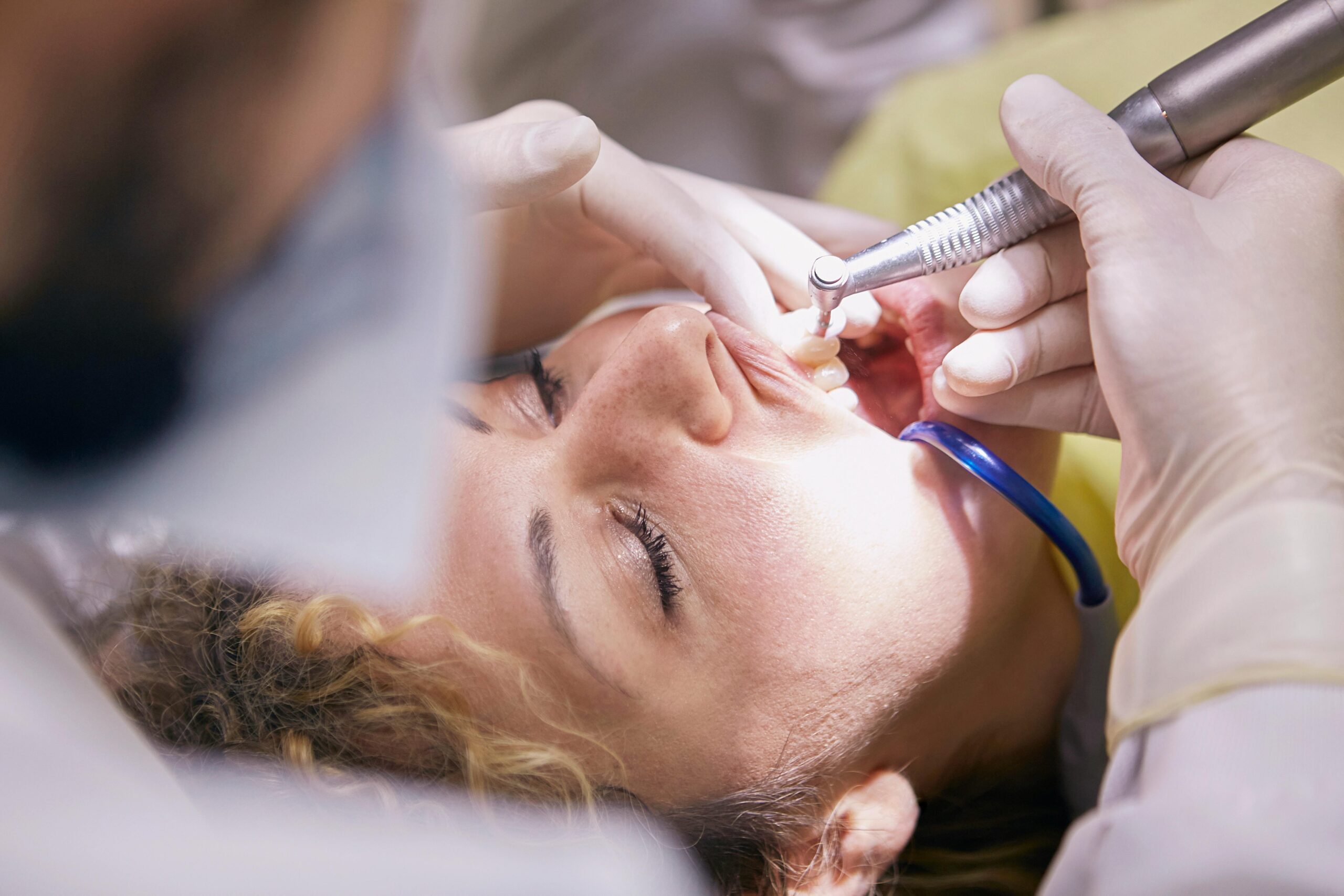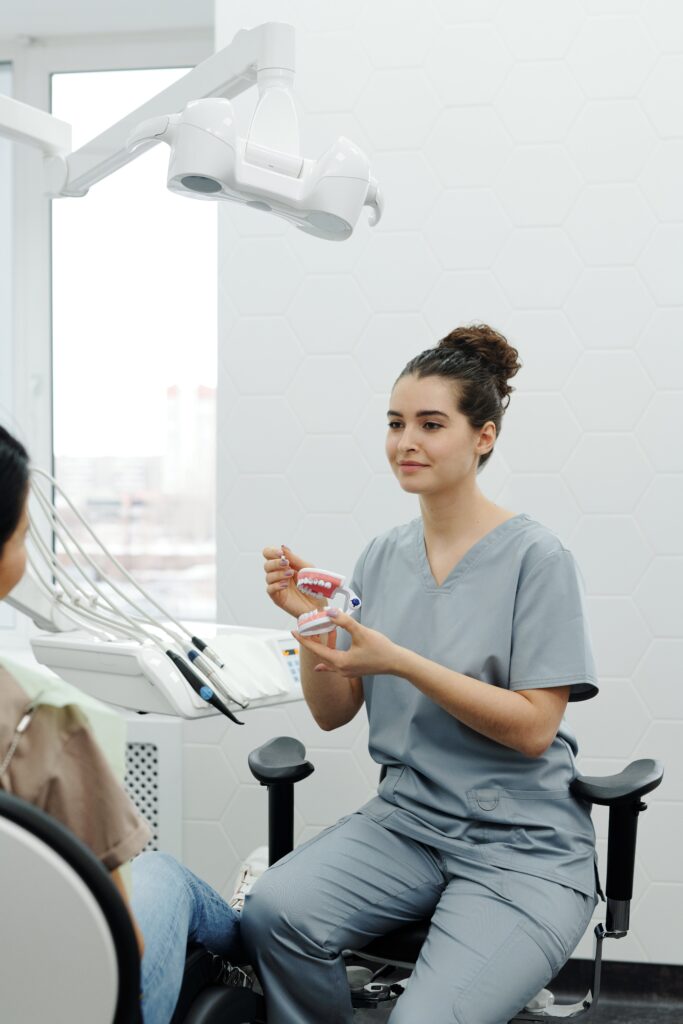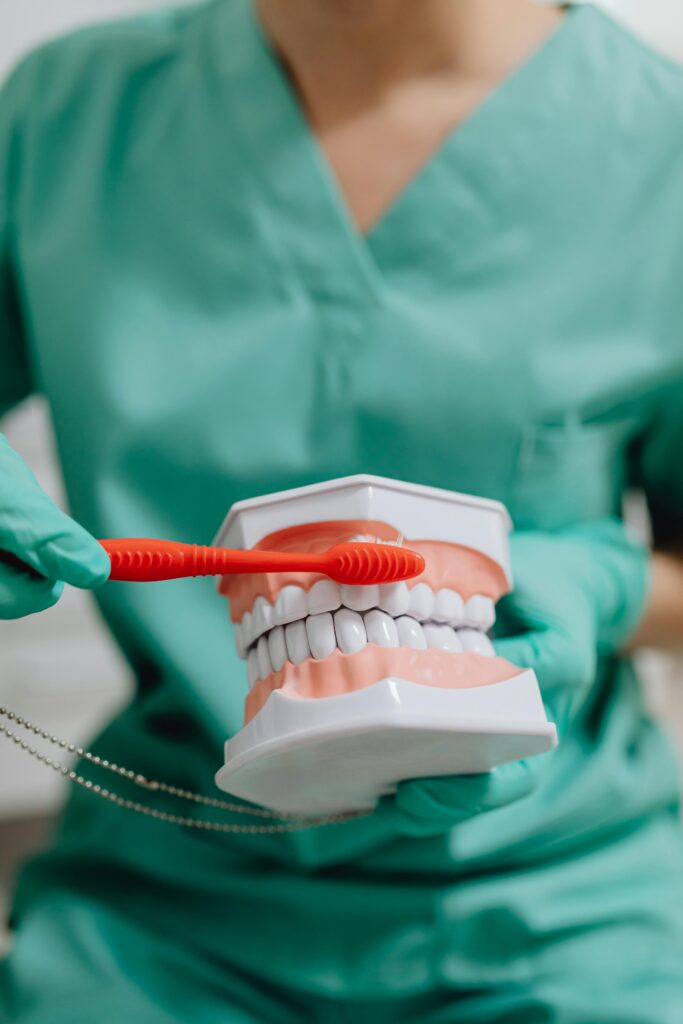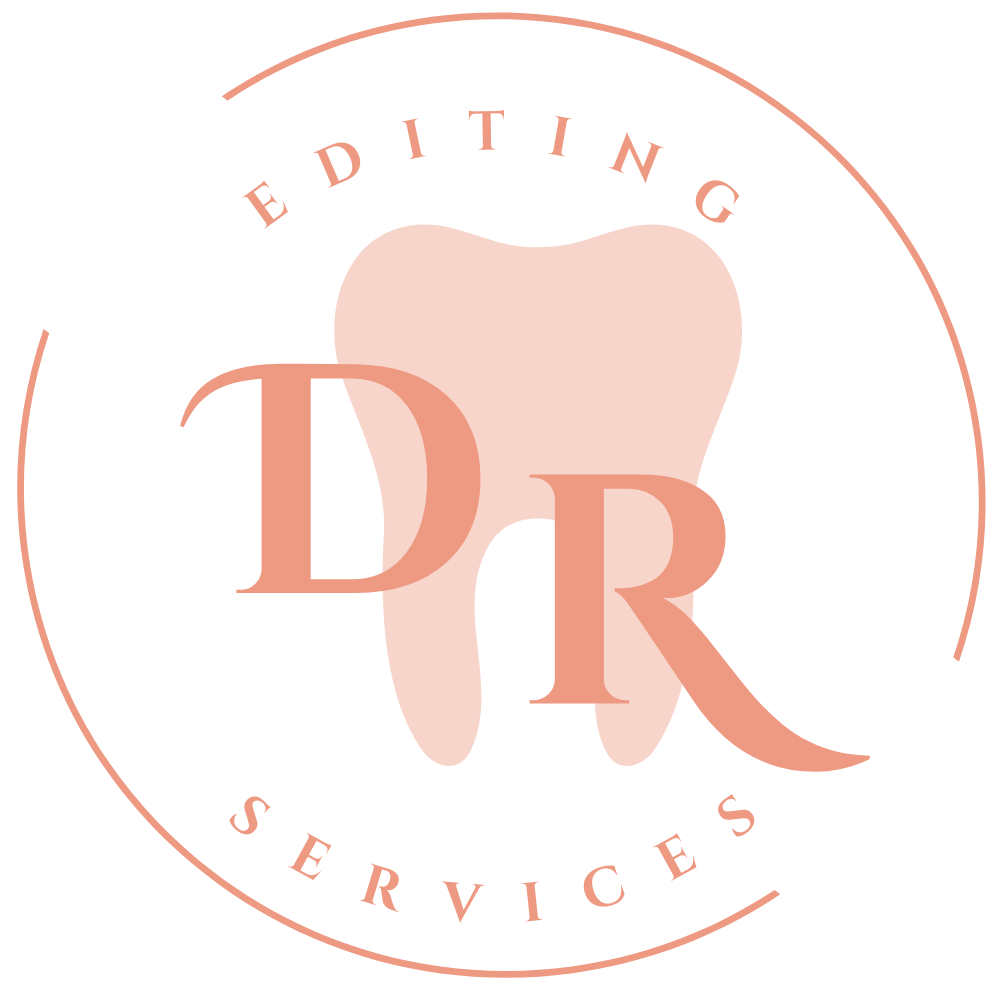
The Dental Hygiene Apprenticeship
With increasing demand for dental care professionals, the brand new dental hygiene apprenticeships in England will provide an accessible and structured path for individuals to enter the field.
This blog post explores the essential details of a dental hygiene apprenticeship, including what to expect, requirements, and tips for preparing to embark on this rewarding career.
We will also cover the expected salary and when the Dental Hygiene Apprenticeship could begin!

A dental hygiene apprenticeship combines formal education with on-the-job training.
Designed for individuals passionate about oral health and providing practical hands-on treatments.
This pathway allows individuals to work in a clinic while also having allocated time to study. This means earning and learning at the same time.
A dental hygienist is a registered healthcare professional specialising in maintaining patients’ oral health by preventing and treating periodontal (gum) disease and promoting good oral hygiene habits. They can also advise on preventing decay, oral cancer, and provide treatments to treat gum disease. They can also deliver dental whitening services alongside the dental team.
The purpose of dental hygiene apprenticeships is to broaden access to the field, particularly for those from deprived socioeconomic backgrounds who would struggle to pay large student loans or cannot leave home due to other commitments.
The Dental Hygiene Apprenticeship plans to provide structured support and practical experience that prepares apprentices for immediate employment post-completion.
This format benefits those who may not have the time or resources to pursue a traditional university degree.
What to expect from the Hygiene Apprenticeship
The planned dental hygiene apprenticeship is typically a 36-month program involving academic coursework and hands-on experience in the dental clinic. Upon finishing the apprenticeship you will become a GDC registered and qualified Dental Hygienist and can begin working straight away.
It is a Level 6 Degree Apprenticeship that will lead to a Bachelor of Science in Dental Hygiene.
Apprentices will be expected to undertake various tasks, from patient care and performing oral examinations to working with dental nurses and assisting with more advanced treatments under the supervision of dentists.
When will the Dental Hygiene Apprenticeships start?
The standards for the Dental Hygiene Apprenticeships have been approved in July 2024. This means that the programme will definitely go ahead. However, Health Education England has not provided a timeline regarding the start date.
The timeline for each program varies based on the dental employer and any required regulatory approvals. The organisations are still preparing the course content, structure, assessment protocols.
Prospective applicants should regularly check with the Institute for Apprenticeships and Health Education England for updates on the start dates.
Apprenticeships are usually piloted first. This means they are trialled in a few clinics, and if successful, they will be implemented nationwide.
To keep updated with the latest news, follow Dr Rads on Tiktok or Subscribe to the careers YouTube Channel and turn your notifications on. Dr Rads has been helping people to get into Dental Hygiene and Therapy Programmes for the last 7 years with great success.
Entry Requirements for the Dental Hygiene Apprenticeship
To apply, candidates generally need to meet specific academic qualifications for a degree, typically including:
- GCSEs (grades 9-4) in English, Maths, and Sciences.
Plus a Level 3 Qualification:
– A-Levels 2 or 3 A levels – Biology is essential
- – BTEC Extended National Diploma – This is the triple BTEC in Applied Science
- – Access Course in Higher Education: Access course in Dental Hygiene or Science, as long as it covers enough Biology
Traditionally the above requirements have been essential for a degree or diploma.
However, apprenticeships are typically more lenient as their goal is to allow dental nurses and other members of the dental team to progress in their careers. Therefore, they may have lower entry requirements. Dental Nurses should stand out from other applicants by investing in CPD, beyond the essential courses, think about what you can do to show you are ready for the Dental Hygiene Apprenticeship.
Salary for a Dental Hygiene Apprentice
How much will a Dental Hygiene Apprentice be paid?
One highly attractive element of dental hygiene apprenticeships is the opportunity to earn while you learn.
While salaries can vary based on the employer and location, apprentices often earn a modest wage that typically increases as they advance through the program.
The Institute Of Apprenticeships has not yet stated the minimum salary.
When comparing the dental hygiene apprenticeships to other healthcare degree apprenticeships, we estimate that dental hygiene apprentices may earn between £10,000 and £18,000 per year during training. (This is an estimated figure and may not accurately reflect the actual salary)
During the first year, the apprentice will earn at least £6.40 an hour. After completing the first year, the apprentice will be paid the National Living Wage or Minimum Wage according to age.
How to Prepare for the Dental Hygiene Apprenticeship
Applying to a dental hygiene apprenticeship involves a multi-step process:
- Research Programs: Identify approved programs via resources like the Institute for Apprenticeships, NHS websites, or speak to dental colleges.
- Prepare Documents: Have your academic transcripts, references, and other necessary documents ready.
Given the competitive nature of dental hygiene with hundreds of applicants, preparing in advance can make a significant difference. Here are some tips:
- Invest in Your Skills and Knowledge: Enrol in taster courses, attend workshops, or complete CPD related to dental care and hygiene.
- Community Work: Volunteering in healthcare or assisting with community dental work can strengthen your application, showcasing your commitment and skills.
- Patient Interaction: Experience working with diverse groups in a caring setting is invaluable. Shadowing a dental hygienist or gaining experience as a dental nurse can provide essential skills.
Summary - Your Path to Dental Hygiene
The planned dental hygiene apprenticeship will offer a balanced path into a rewarding field.
With the new structured apprenticeship pathway, which will hopefully start next year, aspiring dental hygienists can build a successful career in dental health.
Diploma and degree opportunities are still open but are highly competitive. If you need help with your Personal Statement, then check out the editing service, where Dr Rads will work with you to create a competitive statement.




